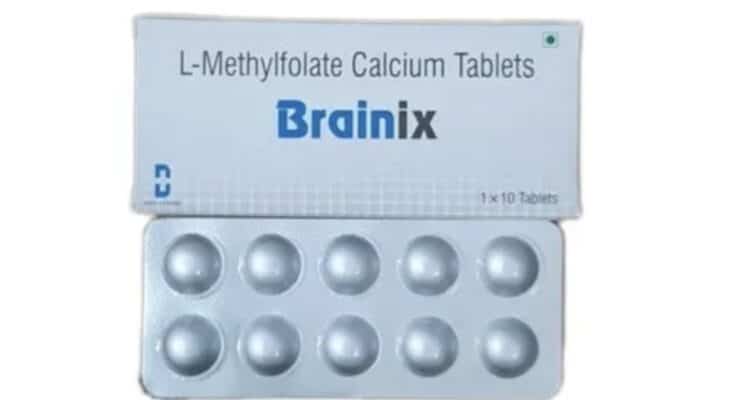 – –
– –
– –
People today are health conscious and they want to remain healthy as long as possible into their older years. Many believe a way to accomplish this is with vitamins. While vitamin pills and supplements can be helpful, there are myths about their benefits.
- They aren’t for everyone
Some people suffer from vitamin deficiency but most don’t like most foods produced are enriched with vitamins. Depending on a vitamin pill to meet all your daily needs isn’t the same as getting them from foods.
A pill can’t substitute for a bad diet. The truth is scientific data shows those who take a multivitamin aren’t any healthier than those who don’t when it comes to major diseases like heart disease, stroke, or cancer. One Archives of Internal Medicine study showed vitamins offered no improvement for women with bad diets.
- Vitamin C doesn’t fight colds
A 2013 study looking at 11,000 people showed vitamin C didn’t stop someone from getting a cold. The exceptions were skiers, soldiers stationed in the subarctic, and those running marathons.
- Vitamins don’t prevent heart disease
It was once thought that certain antioxidant vitamins prevented heart problems, but trials showed they did not. Another substance, the coenzyme CoQ10, could be helpful in combating heart failure. It is a good diet full of fruits, vegetables, and whole grains that work best, according to the American Heart Association.
- Vitamins prevent cancer
The idea that vitamins can stop or stabilize free radicals, unstable molecules in your body, is where this idea originated. However, studies showed vitamin pills don’t work against cancer prevention.
- Vitamins can be dangerous
– –
– –
While many people think all vitamins are safe, some can contribute to bad health in certain situations. A 10-year study released in 2017 showed that taking vitamins B6 and B12 were linked to increased lung cancer risks in men. Some male smokers were also at higher risk for lung cancer when taking beta-carotene pills. Folic acid, when taken in high doses, can increase colon cancer risk.
- Pregnant women and folic acid
Doctors agree that women who take 400 micrograms of folic acid daily before she gets pregnant will increase her chances to have a healthy baby. However, everyone else can get more than enough from enriched grain cereal.
Those who do decide to take vitamins should be tested for deficiency and know whether their vitamins can be combined with other supplements, including herbal supplements.
– –




























